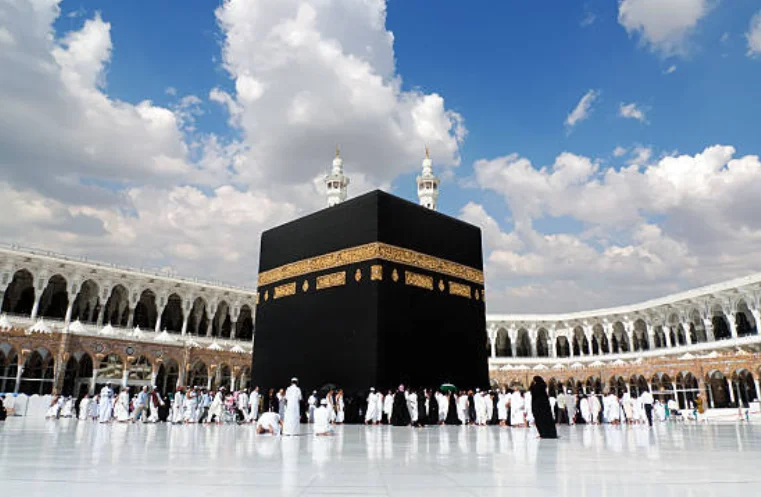Islamabad, Jan 11: Saudi Arabia has introduced updated health protocols for travelers holding Umrah and visit visas to enhance the safety and well-being of both residents and visitors within the Kingdom.
These measures are part of the country’s ongoing efforts to prevent the spread of infectious diseases and maintain a safe environment for all.
A critical update in the travel guidelines is the mandatory meningitis vaccination for all visitors, which aims to protect against potentially dangerous diseases.
Travelers must present proof of vaccination to enter Saudi Arabia.
The vaccination certificate at least 10 days before departure to meet health requirements.
However, children under the age of one are exempt from this rule.
In addition to the meningitis vaccination, travelers from Pakistan must also provide a valid polio vaccination certificate, ensuring that the Kingdom remains vigilant against this virus.
You Can Read: Saudi Arabia Expresses Interest in Investing in Pakistan’s Tourism Sector
Travelers transiting through countries like Afghanistan, Kenya, Congo, or Mozambique must show proof of polio vaccination.
Airlines must verify that passengers are vaccinated against meningitis and other required diseases before boarding flights to Saudi Arabia. These measures protect public health and prevent the spread of infectious diseases into the Kingdom.
There is an exception for those transiting through these countries for less than 12 hours, as they are not subject to this requirement, as long as they remain in the transit area.
The Saudi Civil Aviation Authority (SCAA) has made it clear that airlines play a vital role in ensuring travelers comply with these health protocols.
With these updated health protocols, Saudi Arabia underscores its commitment to ensuring the safety of pilgrims and visitors while facilitating smooth and secure travel for all.
The measures reflect the Kingdom’s proactive approach to public health and its responsibility in preventing the spread of contagious diseases, safeguarding its citizens, and supporting the safe arrival of pilgrims and tourists.
